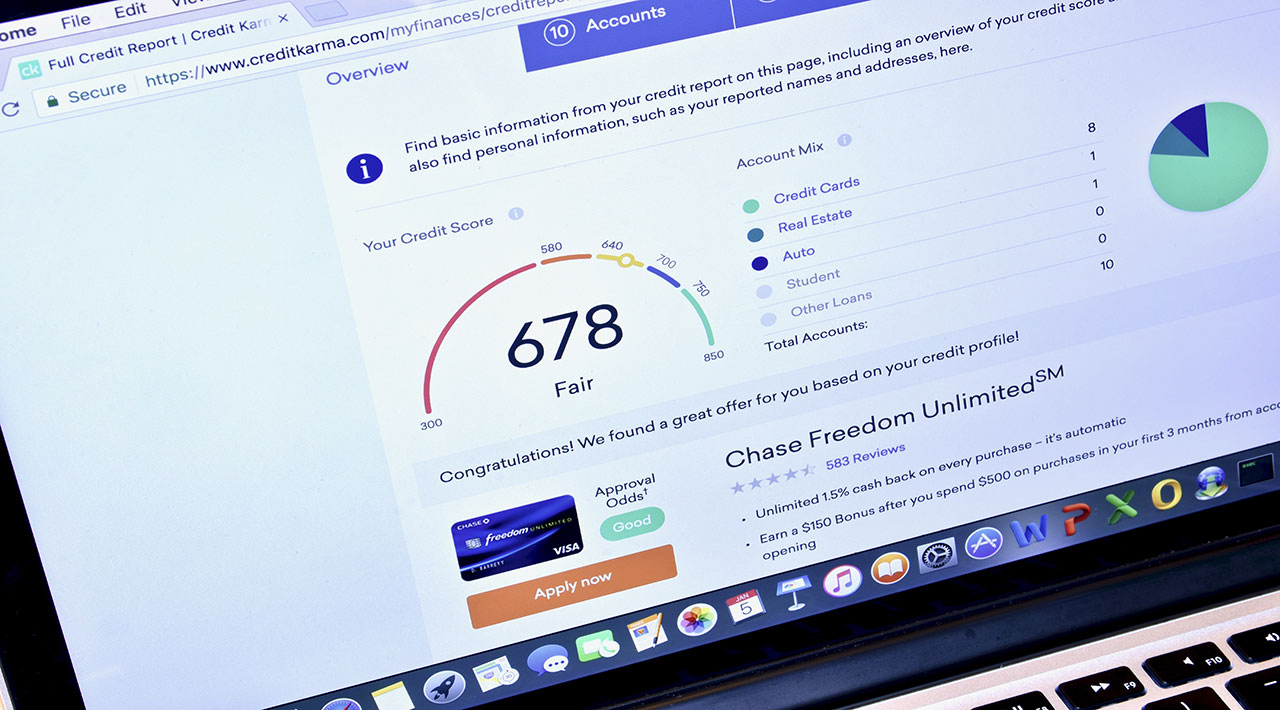Home>Finance>Does The Student Loan Grace Period Reset When You Go Back To School?


Finance
Does The Student Loan Grace Period Reset When You Go Back To School?
Published: February 20, 2024
Learn how going back to school may affect your student loan grace period and manage your finances wisely. Understand the impact on your loans.
(Many of the links in this article redirect to a specific reviewed product. Your purchase of these products through affiliate links helps to generate commission for LiveWell, at no extra cost. Learn more)
Table of Contents
Introduction
Understanding the Importance of Student Loan Grace Period
Student loans are an essential financial tool for many individuals seeking to pursue higher education. They provide the means to cover tuition, books, and living expenses, enabling students to focus on their studies without immediate financial burden. However, once a student completes their education or transitions to part-time enrollment, the student loan grace period becomes a critical consideration.
The grace period is a designated timeframe, typically six months, during which a borrower is not required to make payments on their student loans. This period offers recent graduates the opportunity to secure employment and establish a stable financial foundation before commencing loan repayment. Understanding the nuances of the grace period is crucial for borrowers, especially those who plan to return to school for further education or training.
In this comprehensive guide, we will delve into the intricacies of the student loan grace period, particularly focusing on the implications for individuals who decide to pursue additional education. By exploring the impact of returning to school on the grace period, borrowers can make informed decisions regarding their financial obligations and educational pursuits.
Understanding the Student Loan Grace Period
The student loan grace period serves as a transitional phase for borrowers as they navigate the shift from full-time student status to entering the workforce or pursuing further education. During this period, which typically lasts six months, borrowers are granted temporary relief from making monthly loan payments. This respite allows individuals to focus on securing employment, adjusting to post-graduation life, and organizing their financial responsibilities.
It’s important to note that the grace period is not indefinite, and interest continues to accrue on most types of federal student loans during this time. While borrowers are not obligated to make payments, the accruing interest will be added to the principal balance of the loan, potentially increasing the overall amount owed. Understanding the implications of interest accrual during the grace period is vital for borrowers to effectively manage their loan obligations.
Furthermore, the grace period provides an opportunity for borrowers to explore repayment options, consolidate their loans, and familiarize themselves with the terms and conditions of their student loan agreements. This period of respite can be instrumental in helping individuals establish a solid financial plan and avoid defaulting on their loans.
It’s essential for borrowers to be proactive during the grace period, utilizing this time to assess their financial situation, explore potential career opportunities, and develop a repayment strategy that aligns with their long-term goals. By understanding the intricacies of the grace period, borrowers can make informed decisions regarding their financial responsibilities and future endeavors.
Returning to School and the Grace Period
Returning to school after the expiration of the student loan grace period can have significant implications for borrowers. When a borrower re-enrolls in school at least half-time before the end of the grace period, the grace period can be preserved for future use. This means that upon completion of the subsequent academic program or a transition to less than half-time enrollment, the borrower can once again benefit from the grace period before entering loan repayment.
Preserving the grace period can provide valuable flexibility for individuals pursuing advanced degrees, professional certifications, or specialized training. By strategically timing their return to school, borrowers can effectively manage their student loan obligations while furthering their education and career prospects.
It’s important for borrowers to communicate with their loan servicers and academic institutions to ensure a smooth transition back to school without jeopardizing the preservation of the grace period. Understanding the specific requirements for maintaining the grace period and seeking guidance from financial aid advisors can help borrowers navigate this process successfully.
Moreover, returning to school can present opportunities for borrowers to explore deferment or forbearance options, allowing them to temporarily postpone loan payments while actively pursuing their education. These alternatives can offer financial relief for individuals facing economic challenges or seeking to focus entirely on their academic pursuits.
By strategically leveraging the grace period and exploring available repayment options, borrowers can align their educational aspirations with sound financial planning. Returning to school can be a transformative experience, and understanding the implications for the student loan grace period empowers borrowers to make informed decisions that support their academic and financial goals.
Implications for Borrowers
Understanding the implications of returning to school on the student loan grace period is crucial for borrowers as they navigate their educational and financial journeys. By strategically managing the grace period in conjunction with academic pursuits, borrowers can optimize their loan repayment strategies and mitigate financial stress.
Preserving the grace period through a return to school offers borrowers the flexibility to focus on their studies without immediate loan repayment obligations. This can be particularly beneficial for individuals pursuing advanced degrees, career development programs, or specialized training that requires dedicated time and resources.
Furthermore, by preserving the grace period, borrowers can strategically plan for their transition from student status to loan repayment, aligning their financial responsibilities with their post-graduate or post-educational career prospects. This proactive approach empowers borrowers to make informed decisions about their loan repayment options and explore potential deferment or forbearance alternatives as needed.
It’s essential for borrowers to communicate effectively with their loan servicers and academic advisors when considering a return to school during or after the grace period. Clear communication and proactive planning can help ensure a seamless transition while preserving the grace period for future use.
Additionally, borrowers should leverage resources such as financial aid offices, loan counseling services, and reputable educational websites to stay informed about the implications of returning to school on their student loan grace period. Access to accurate and timely information empowers borrowers to make sound financial decisions and optimize their educational pursuits.
Ultimately, understanding the implications of returning to school on the student loan grace period empowers borrowers to navigate their educational and financial endeavors strategically. By leveraging the grace period effectively, borrowers can pursue their academic aspirations while managing their student loan obligations responsibly and proactively.
Conclusion
Navigating the complexities of student loan repayment and the grace period requires a comprehensive understanding of the implications for borrowers, especially those considering a return to school. The grace period serves as a vital transition phase for individuals completing their education, offering temporary relief from loan payments as they embark on their post-graduate journey. However, the decision to return to school can significantly impact the preservation and utilization of the grace period, necessitating careful planning and proactive communication with loan servicers and academic advisors.
Returning to school presents unique opportunities for borrowers to strategically manage their student loan obligations while pursuing advanced degrees, professional certifications, or specialized training. By preserving the grace period through timely enrollment, individuals can align their academic aspirations with sound financial planning, ensuring that they can focus on their studies without immediate loan repayment obligations.
Proactive communication and a thorough understanding of the requirements for maintaining the grace period are essential for borrowers seeking to leverage this benefit effectively. By engaging with loan servicers, financial aid offices, and academic advisors, individuals can navigate the process of returning to school while preserving the grace period for future use.
Ultimately, the implications of returning to school on the student loan grace period underscore the importance of informed decision-making and proactive financial planning. Borrowers can optimize their educational pursuits and loan repayment strategies by strategically managing the grace period, exploring available alternatives such as deferment or forbearance, and staying informed about the options and resources available to them.
By understanding the interplay between the grace period and returning to school, borrowers can make empowered choices that align with their academic and financial goals. Preserving the grace period offers valuable flexibility and relief, allowing individuals to focus on their educational endeavors while preparing for the transition to loan repayment with confidence and foresight.














